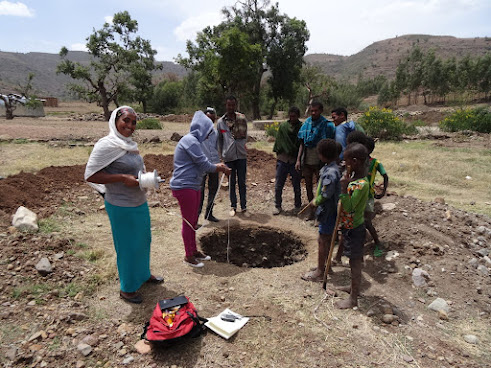Concluding Thoughts
In the beginning, I sought out to explicate the relationship between water, development and gender in Africa. Truthfully, I struggled at times while writing to find coherent ways to relay the overlapping intricacies behind each issue. Upon reflection, I realise that this speaks to the extent to which water, development and gender are deeply interconnected, such that attempting to tease these connections apart proved to be so challenging yet rewarding, as I feel I have gained a deeper understanding of this topic through the course of keeping this blog.
In my first post, I gave a general overview on how institutions are attempting to shift development policy towards a 'mainstreaming gender' approach. However, through analysing various case studies, it is evident that 'mainstreaming gender' is very much easier said than done. Attempting to improve gender equality through various water programs cannot stop at infrastructure provision or having women be present, but more importantly, must go on to address the fundamental power relations that perpetuate unequal social relations. Similarly, including women's voices in decision making, such as in COP26 and within local communities, need to be done in meaningful and genuine ways that go beyond a fulfilling a quota.
That being said, I have also learnt the importance of not conflating 'gender' and 'women'. Although women tend to be focus of programs as they are disproportionately disadvantaged, the success of development programs also hinges strongly on the cooperation of men. 'Mainstreaming gender' hence needs to consider perspectives and ideas of both women and men.
Lastly, I have placed strong emphasis throughout my posts on the necessity of embedding development interventions within the situated local contexts in order to have a sustainable impact. On that note, keeping in mind Wainaina's article, I also endeavoured to situate each topic within a specific case study as I was writing these posts, so as not to present 'Africa' as a homogenous whole. Exploring different topics across various African communities allowed me to provide a breadth of examples, while diving deep into each one.
Truly, "water has a woman's face" - there is no question that greater access and participation of women in water and development spheres have will vast ripple effects on households, communities and entire economies. The challenges surrounding achieving gender equality might be disheartening, but it is precisely in bringing these critical discussions to the fore that we are able to make progress.


Comments
Post a Comment